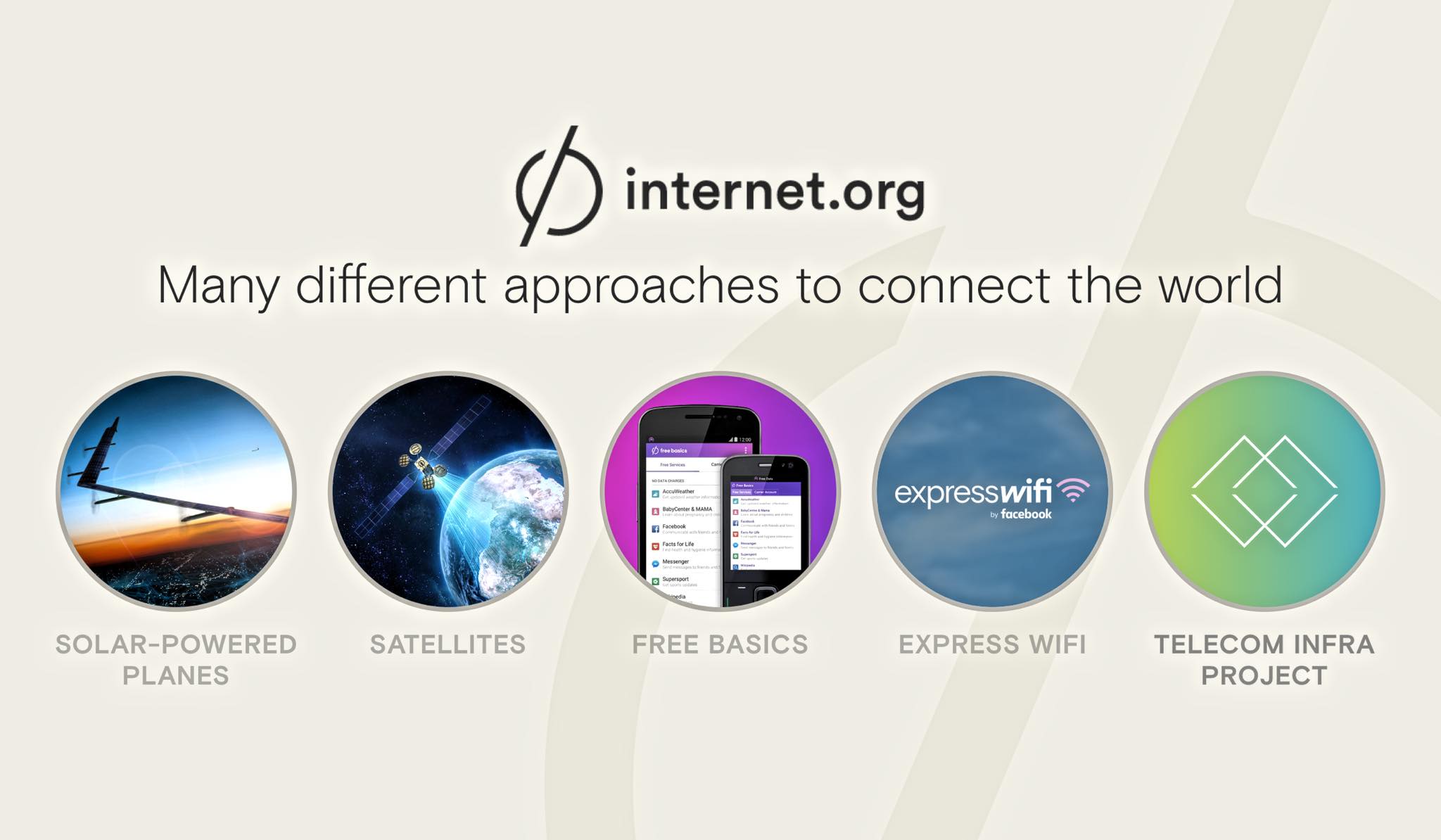Mark Zuckerberg sure is persistent.
After his controversial Free Basics offering failed to impress the 1+ billion Indians he had hoped to sign up for the ‘offering’, the billionaire entrepreneur is looking to bell the connectivity cat in a different way.
A little rewind for those who have just come in. Facebook, led by founder Mark Zuckerberg’s personal efforts, had launched a massive campaign to promote Free Basics in India, initially through a campaign called ‘Internet Org’. After much buzz and opposition around the same, Internet.Org failed to take off and months later, Facebook rebranded the initiative as ‘Free Basics’ and launched again, this time with much more fanfare, with a lot more emotional appeal.

Free Basics, purportedly, aimed to bring connectivity to the ‘remotest communities’ in India through a watered down version of the internet, in which Facebook and many other Facebook-partner apps could be used for free on one’s mobile phone. This move was touted by Facebook as essential to connecting the 1+ billion in people, including the poorest and remotest sections of the society. The 300 crore campaign entailed ads, full page banner ads, videos, tooting the horn of Free Basics, invoking Indians to support a farmer get weather updates or an engineer ace his exams, all thanks to the Free Internet provided by Facebook.
In the meantime, a similar campaign of Facebook’s to bring Free Basics in Egypt shut down, amidst the net neutrality vs Free Basics clamour in India.
The opponents of Free Basics contested that letting Facebook implement Free Basics flew in the face of net neutrality and would enable Facebook to get an unfair and free pass into dominating internet in India, and thereby manipulating it for personal gains through advertising, Facebook’s sole and sizable revenue generator. Many berated the company for resorting to violating net neutrality, instead of using its financial muscle to bring connectivity to India through free Wifi and other more neutral means, like Google.

Despite’s Facebook insidious attempts to get the 250 million+ users of India to “appeal to TRAI” to allow Free Basics, TRAI’s vote was cast in the favour of net neutrality. On Feb 21st, TRAI officially rejected Facebook’s appeal calling it “monopolistic” and bordering on manipulative.
Now two weeks, and resignation of Facebook’s India head later, Mark Zuckerberg, who’d busied himself with other issues post the India debacle, is back. While the official Internet.org page on Facebook has been dormant since 29th January, the Internet.org push is far from over. Zuckerberg in a latest update talks about how Internet.org is made up of many separate programs, including a few focused on developing new types of infrastructure to connect people in the world’s most remote communities. Instead of focussing on Free Basics, Zuckerberg mentions “ideas like solar-powered aircraft and satellites that can beam down internet through lasers, and community wi-fi hotspots” to reach communities that are difficult or expensive to reach with traditional infrastructure. The focus also seems to have shifted from talking to telecom companies to offer a watered down version of the internet, to developing technology to build cheaper mobile networks.
At Mobile World Congress today we announced the Telecom Infra Project, part of our efforts to connect the world through…
Posted by Mark Zuckerberg on Monday, 22 February 2016
While it may just seem co-incidental, the marked difference in the approach Zuckerberg now seems to be taking to promote Internet.org could well be stemming from his failure to foist Free Basics in India (or Egypt). The billionaire founder and philanthropist may have received a lot of backlash in India for his misplaced do-goodness, but the learnings from the experience, in world’s largest democracy, already seem to have made him wiser.
